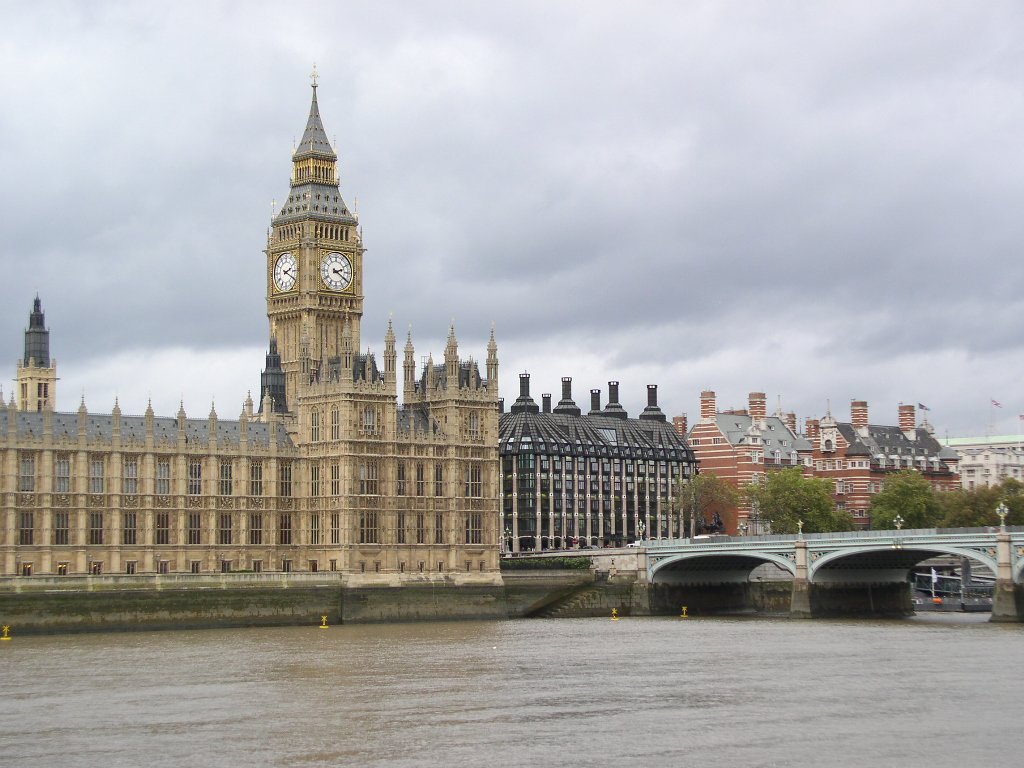UK Asset Owners Call for ‘Substantially More Funding’ for Climate Action
A group of major UK asset owners, convened by the UN-supported Principles for Responsible Investment (PRI), published letters to Prime Minister Boris Johnson and Secretary of Transport Grant Shapps, calling for continued ambition on climate policy, including details on the government’s recently announced climate goals, more funding for the required transformation, and recommendations for the phase-out of internal combustion engine (ICE) vehicles.
In November 2020, PM Johnson unveiled a 10-point plan for the UK’s Green Industrial Revolution, involving tens of billions of pounds of investments in areas including renewable energy, clean mobility and green building initiatives, as well as a commitment to end the sale in the UK of new petrol and diesel cars and vans by 2030, ten years earlier than previously planned. In December 2020, Johnson followed up with a new ambitious climate target for the country to reduce UK greenhouse gas (GHG) emissions by at least 68% by 2030.
PRI CEO Fiona Reynolds said:
“To achieve the goals of the Paris Agreement and prevent the most destabilising effects of climate change, we need not only greener portfolios but greener, decarbonised economies. The government and the investment community must work together to deliver that decarbonisation. We applaud the leadership the UK government has shown so far, but know that so much more must still be done.”
In the letters, the asset owners – Brunel Pension Partnership, BT Pension Scheme Management, and UNISON Staff Pension Scheme, among others – applaud the government’s initiatives, while calling for more details in areas including addressing sustainable land use challenges, and recommending priority be placed on improving energy efficiency in buildings. The group also notes the substantial increase in funding required for the announced efforts. The group writes:
“The recently announced 68% greenhouse gas emissions reduction by 2030 and 10-point plan for a “green industrial revolution” is a strong and welcome move towards getting the UK economy on a net zero by 2050 trajectory, particularly regarding offshore wind and the ICE vehicle phase-out. Further detail on how this will be undertaken will be needed, as well as substantially more funding to match the scale of the transformation required. A net zero litmus test must be integrated into the government’s long-term strategies and targets, utilising private finance where possible.”
On the initiatives to transition to net zero emissions vehicles (ZEVs), the group made several recommendations as well, including the introduction of subsidies and grants to bring ICE and ZEV vehicles to price parity faster, expanding charging infrastructure, promoting alternatives to car ownership, and a just transition plan setting out how autoworkers and related service providers will be protected in the transformation, among others.
The group concluded:
“As the hosts of COP26, the decisions made by the UK on its domestic decarbonisation efforts will have repercussions around the world, and will have a disproportionate weight in our ability to achieve net zero emissions by 2050 and protect our beneficiaries from the worst effects of climate change, both on their savings and on their lives.”





